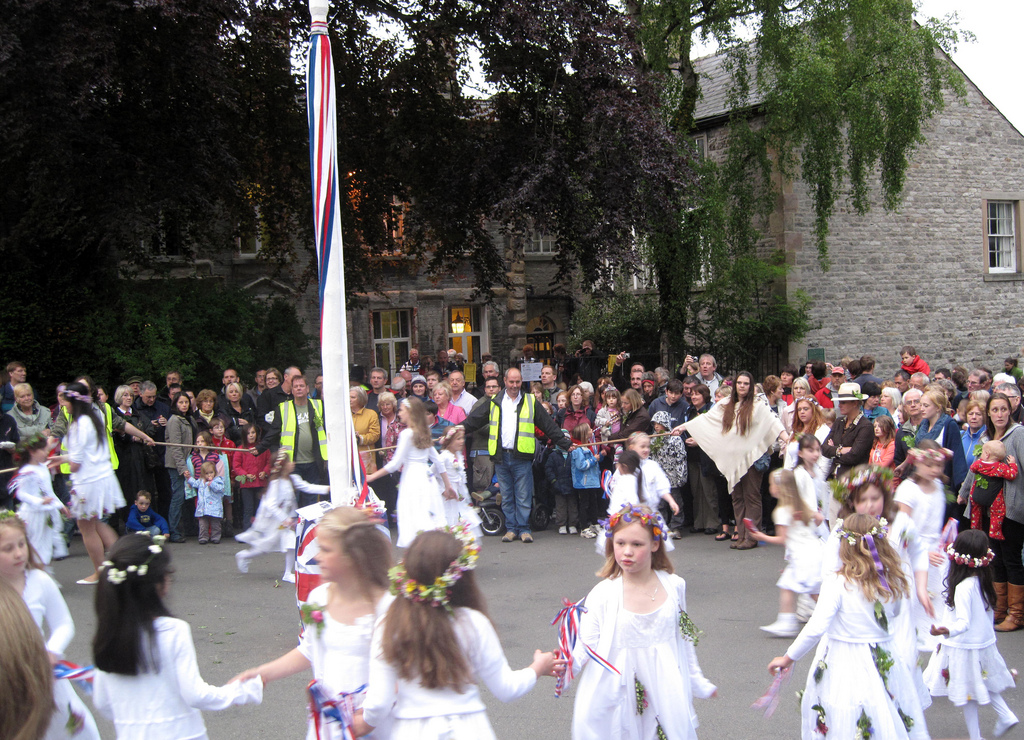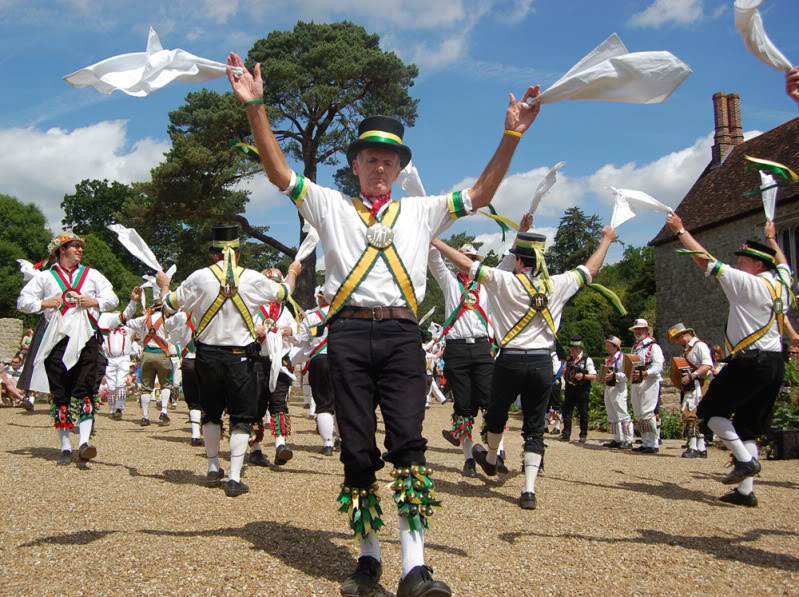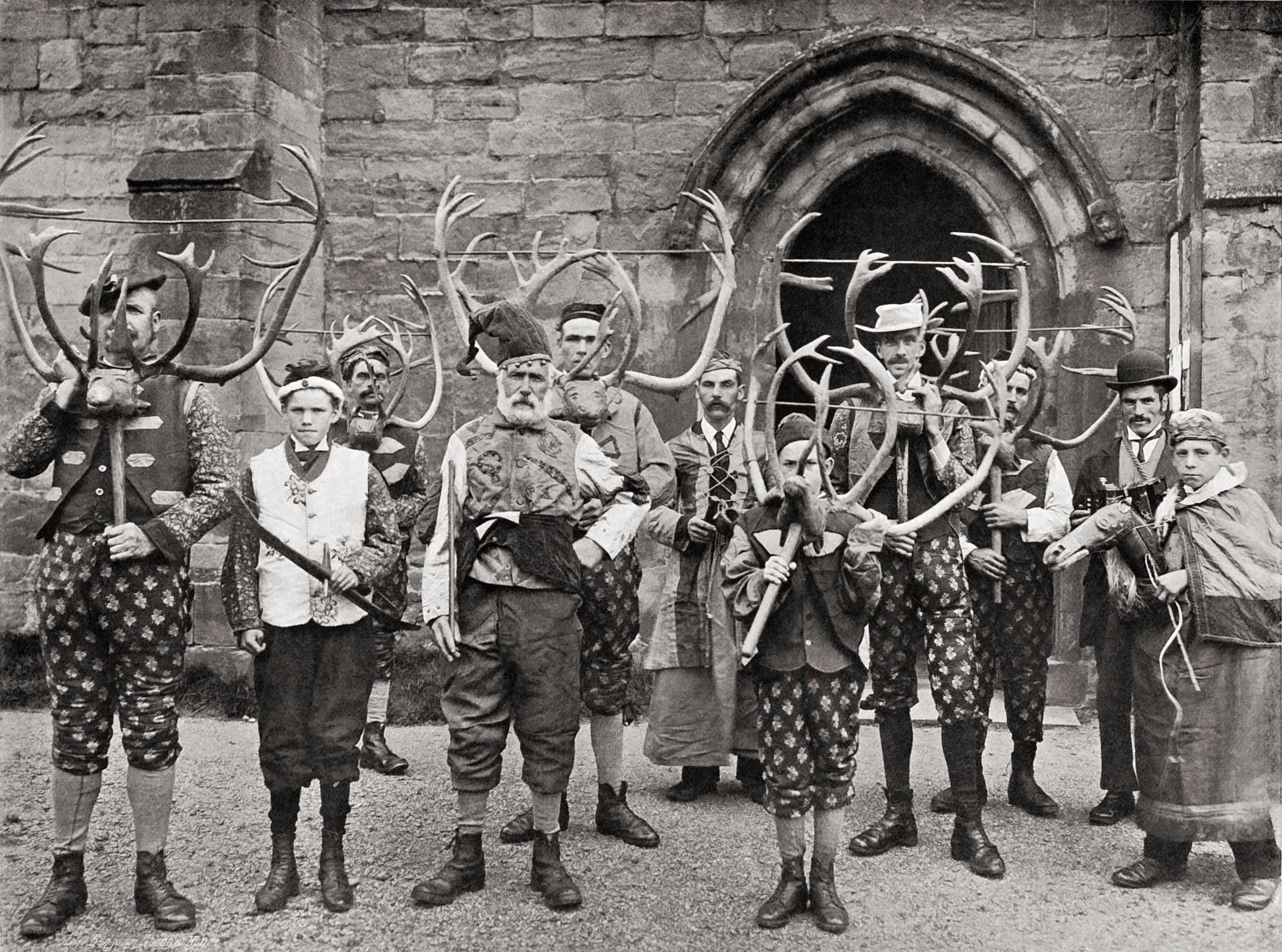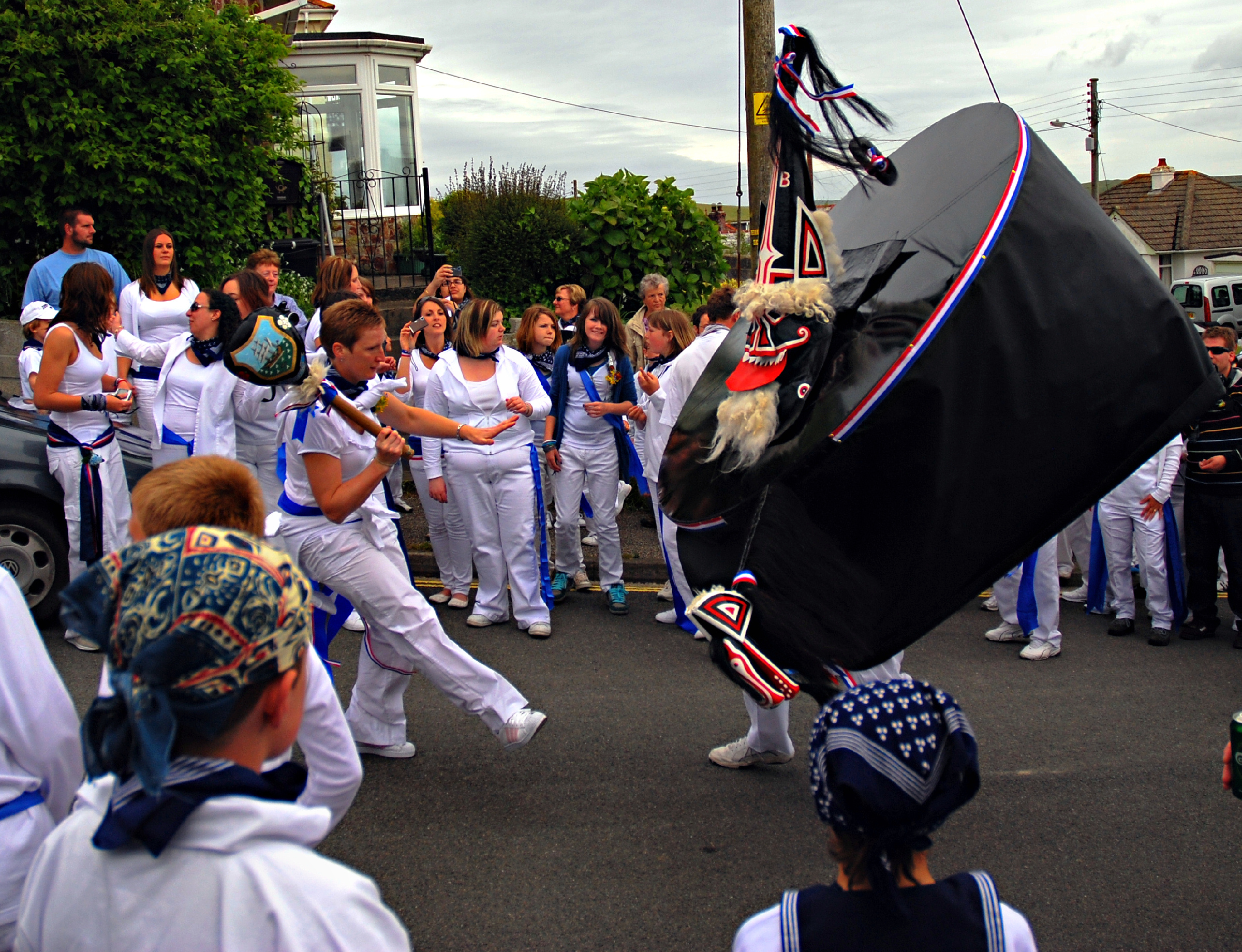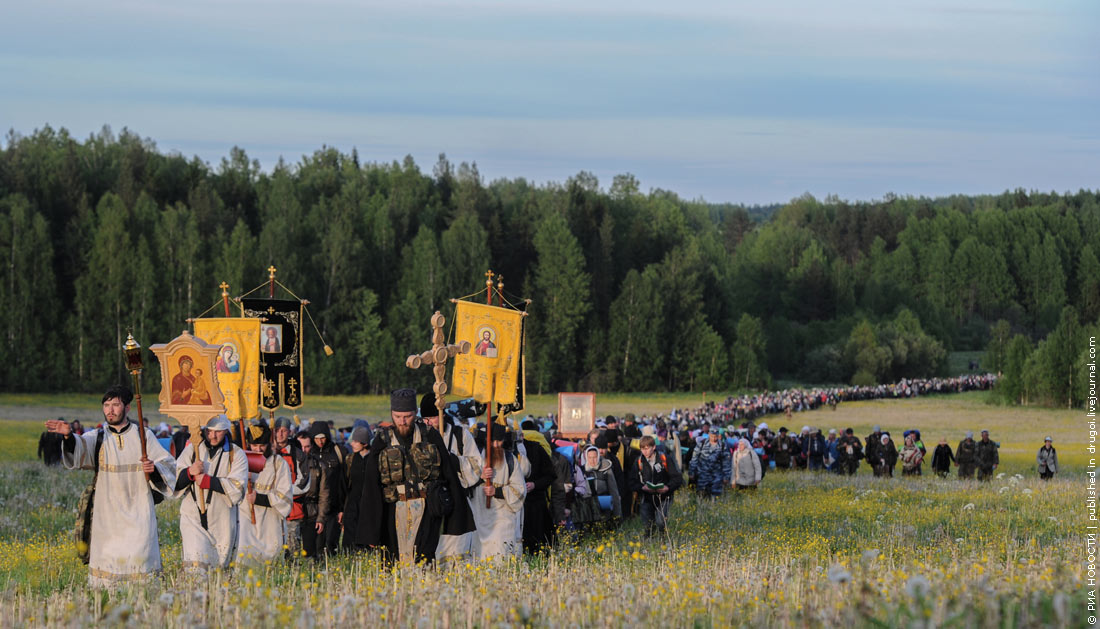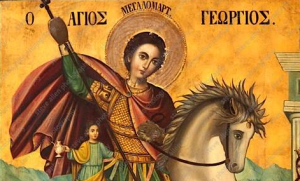Sven Longshanks
Daily Stormer
November 10, 2013
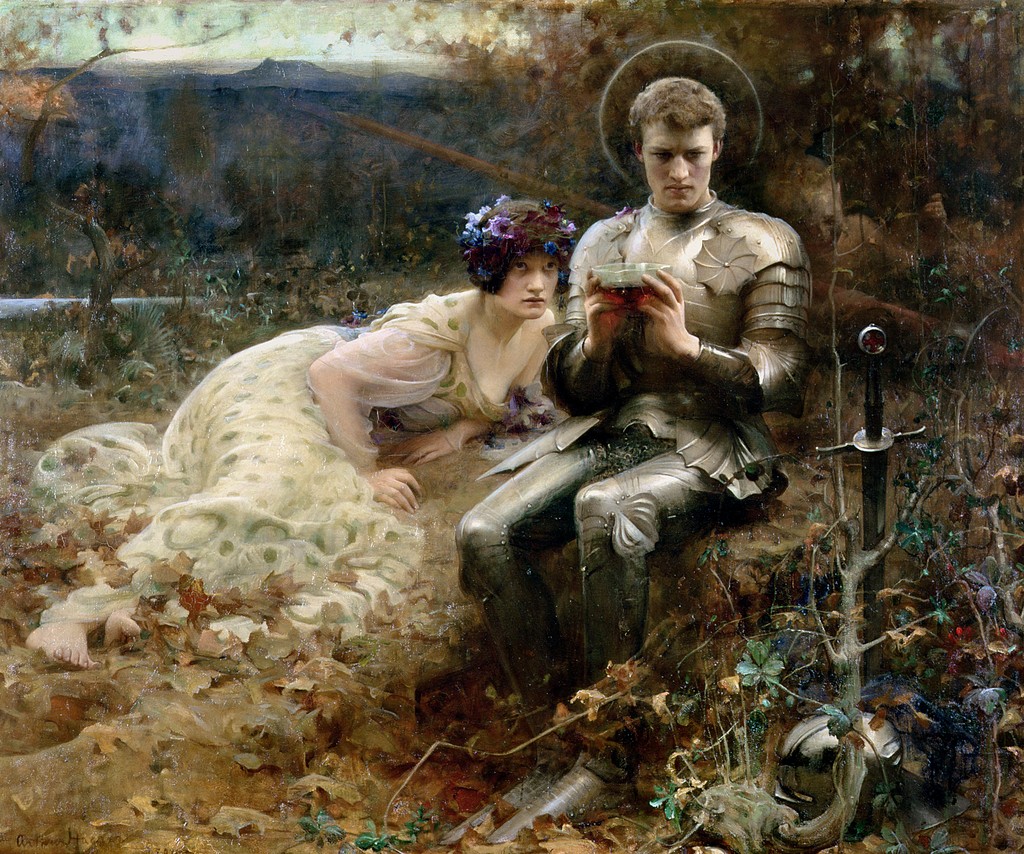
Being limited in time and space, it can be hard to see what is wrong with actions that appear to be of immediate benefit to us personally and of no relevance to anyone else. However, every action we take is governed by the law of consequence, and those consequences will still be evolving into the future long after we are gone. What may seem harmless to the consenting individual can have a devastating effect on the rest of society.
Our ancestors’ traditions grew over time as a way of preventing us from making those mistakes that would have harmful consequences for the community. Many modern people think some traditions unjustifiable today, and doubt the reasoning behind them; things like marriage for life, abortion being murder, homosexuality a capital offense and miscegenation being harmful have been rejected by modernity, but when we look at the results of ignoring those traditions in our modern times, we can see why they were respected laws in our past.
Questioning the wisdom of people who were far wiser than we, whose knowledge came not from the lowest order of matter, but from the superior world of the spirit, really shows how limited in understanding we have become, and how much we have forgotten. Divine knowledge that comes from the spirit is eternal and unchanging – outside of time looking in, it is the opposite of modern science, which changes daily with further discoveries. The laws and commandments given to our ancestors were to benefit us, and the traditions and myths that grew around them were to remind us of the transcendent reality that those laws and commandments were borne from. We cannot know the long term effect of disregarding age old customs and traditions, which is why our ancestors knew it was more important to obey them than to indulge in what seemed harmless to some at the time.
Religious traditions come from the accumulated spiritual knowledge of our peoples, and are a way that we can feel connected with our ancestors. Even if we no longer are aware of what message they were intended to convey, all the while we still observe them and the same blood runs in our veins, there is the chance of awakening the memory of the sacred knowledge that they were intended to impart. Myths play a large role in this, carrying as they do insights into the cosmic laws that govern all actions. Myths were also intended to awaken certain beneficial parts of the psyche in ways specific to the race in question. Desired traits such as heroism, self sacrifice, chivalry, charity, valour and unity within the tribe. The positive qualities in myths are eternal and unchanging, being the fundamental truths that a healthy society is built upon.

When we lose our traditions we lose our link with the past and our place in the universe as the extension of that past, a link to the future. When we lose our myths we lose our inspiration, and our stories become hollow flights of fancy with no higher purpose, our traditions degenerate into meaningless fancy dress. As Christianity became accepted, many of our mythic characters were absorbed into it, changing into Saints or Angels with the same qualities as before. Feast days remained the same, holy places also, and the timeless wisdom carried on. The Saints were looked up to as role models to emulate, from dragon slayers like St. George, to world renouncing ascetics like St Angus of Keld. They were like the comic book superheroes of today, only they were usually real people that strove for perfection, and their exploits were seen as attainable through self discipline and the blessing of the Lord.
Our holidays (holy days) have been replaced with spiritually meaningless awareness days, like ‘no smoking day,’ ‘fish and chips day,’ ‘newspaper carrier day,’ ‘sustainable house day,’ ‘lingerie day,’ and others celebrating strictly materialistic, superficial concepts. Even our traditonal religious holidays have been stripped of their meaning, imbued with secular interpretations. None of them celebrations provide a link with the past, none of them encourage us to see ourselves as a link in a chain stretching back thousands of years, they all serve to reinforce the modern ideology of man as an animal with no divine purpose, directing his thoughts forever downward.
Our traditional festivals required self-imposed austerity before most of them, requiring the giving up of alcohol, meat and sex for weeks, to remind us of how we don’t actually need most of the things we think we do, and how simple things like meat can give more pleasure than fancy trinkets if you have gone without it for a month. This encouraged us to be grateful for the small things in life, instead of coveting the larger things. Fasting also helped people to meditate, especially when everyone around was doing the same, adding to the heightened sense of communal experience. There were over 150 Holy days in the Middle Ages that people used to keep. There was no work done on them, as people devoted the day to honoring the event or person in the past that the day was commemorating. Sometimes the holy day would entail fasting, and other times feasting and dancing.
Children used to be named after Saints or characters from the Bible, thus giving them a sense of shared identity with a noble ancestor or a guardian angel. It was hoped that this would encourage emulative behavior in them.
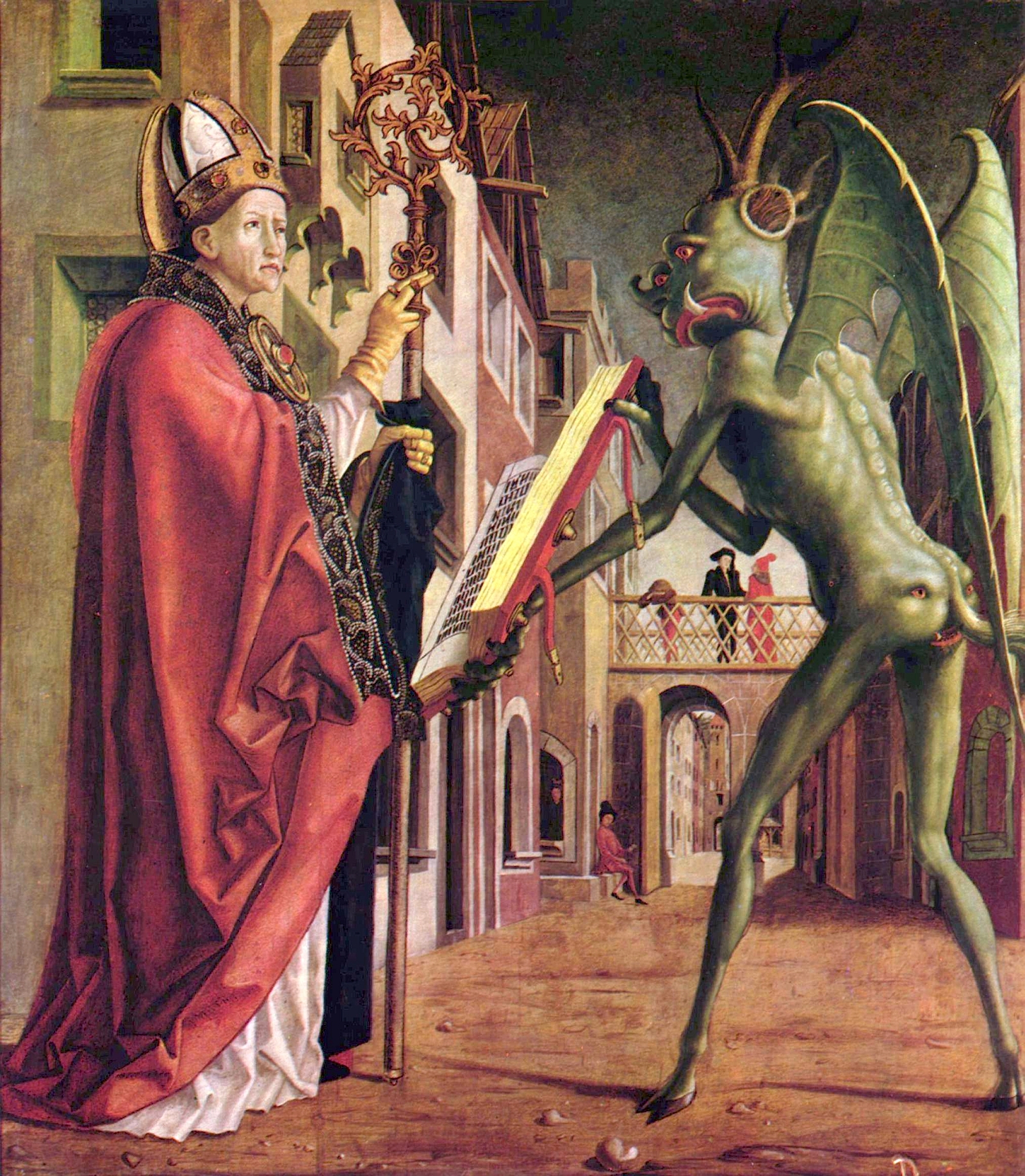
All this gets ridiculed today as superstitious or old-fashioned, by people showing their ignorance of the power that a special dispensation from God and a shared identity with the heroes of our past can bring. The piety of people just a few centuries ago astonishes me when I read about it. How people would give up all their wealth to renounce the world, giving it all entirely to the poor, or how people would get together to build churches (one church for every 200 people in the country) voluntarily. You only have to look at the beauty that shines forth from the sculpture, music and artwork back then to see how happy these people were. Just compare it to the miserable and degenerate so-called art that we see today.
Art and music were seen as vehicles to express divine beauty, the spirit of God showing himself through the artists creativity. It wasn’t about being different, edgy, or making a name for yourself; since it involved channeling the spirit of creativity, it was necessarily about expressing beauty. Most popular music today is just banal and ugly, especially when compared to the classical music that Aryan man produced for centuries. The various pop music styles can rarely be described as expressing beauty. Even what some of us would call good music still has symptoms of our degeneracy within it. It is either simple, sex obsessed and vulgar, or it is loud, distorted, shouted and aggressive. The fact that it sounds good to us is a cause for alarm. It means that we have become so desensitized to the horror of the world we are creating that we have lost the ability to tell order from chaos and beauty from ugliness. We no longer understand and yearn for harmony and peace, but like masochists, prefer unholy noise.
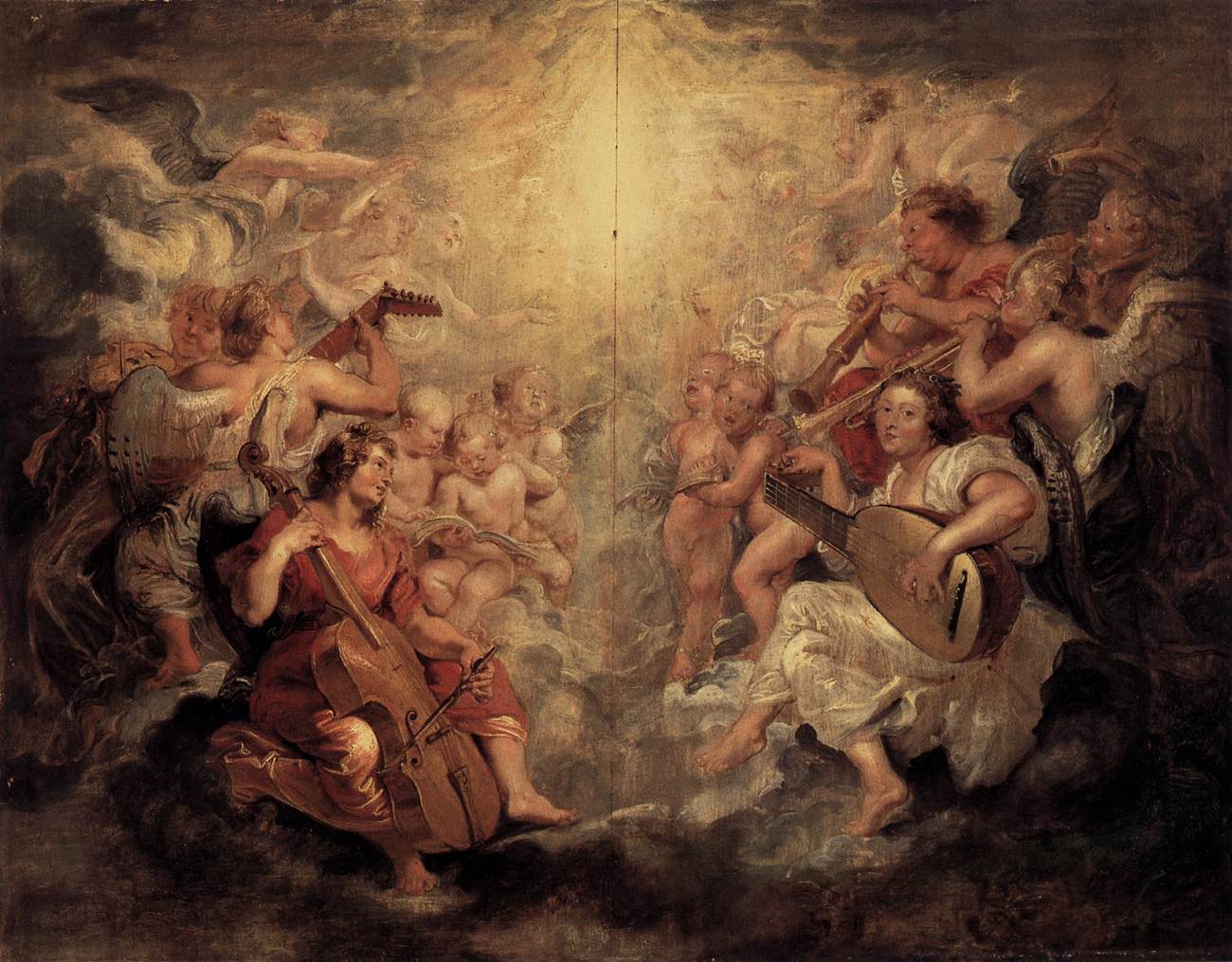
Electronic dance ‘music’ is even worse. It has cut people off from the spiritual communion between musician and instrument entirely, substituting novelty of sound in its place. Instead of hearing peoples’ emotions physically turned into melodies, there is mere auditory titillation. At least the psychic connection between musicians playing together is still there in a live band, even if the music is objectively an assault on the senses. Instead of the self discipline and beauty of ballet, even dancing has devolved to strutting, individualistic and animal-like displays, with the objective of gaining a mate for the night.
I’m not saying I cannot see the appeal in some of this, especially the more aggressive music that reflects our instinctive response to being attacked, but I also see that it is objectively degrading and degenerate. Our music used to evoke the natural beauty of the world, accompanied by ballet dancing timed to perfection and operas that were designed to lift the very soul. This wasn’t just limited to the higher rungs of society; at work people would sing hymns, reminding themselves of what blessings they had, and there were always subsidized seats for the less affluent at symphonies and operas. The buildings we created to house the orchestras and choirs were designed to uplift our souls to heaven whilst listening, never forgetting where the artists gifts came from, or what the music was trying to achieve.
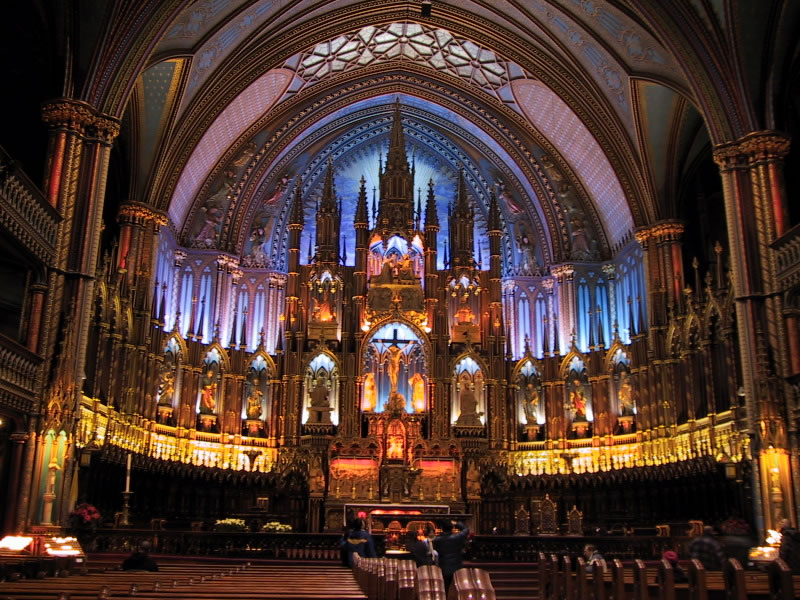
The music our ancestors wrote became timeless still being played centuries after it was written, like the chanting of the monks that still goes on in Orthodox abbeys, repeating the same mantras the early Church fathers used to sing. In doing so, the singers become part of an unbroken song that has continued through the millenia, and when we are moved by pieces of classical music today, we are sharing our emotions with the first people who were to hear it, confirming the timeless and spiritual nature of it.
Many of the monks had no idea what the words they were chanting meant, what mattered was that it was the same as had been sung before, and the same as was being sung elsewhere. Our folk music is similar, evoking the same culturally specific images and memories from the blood, regardless of whether we recognize the particular event that is being sung about. It is such with our traditions. It may be helpful to know what the maypole represents, what Whitsun is about, or why green is unlucky on boats, but what really matters is that by keeping the traditions, we are joining symbolically with our ancestors, and since they were the same as us, their collective memory is contained within us and will help us, as long as we remain joined to them through through sacred cultural ritual.
